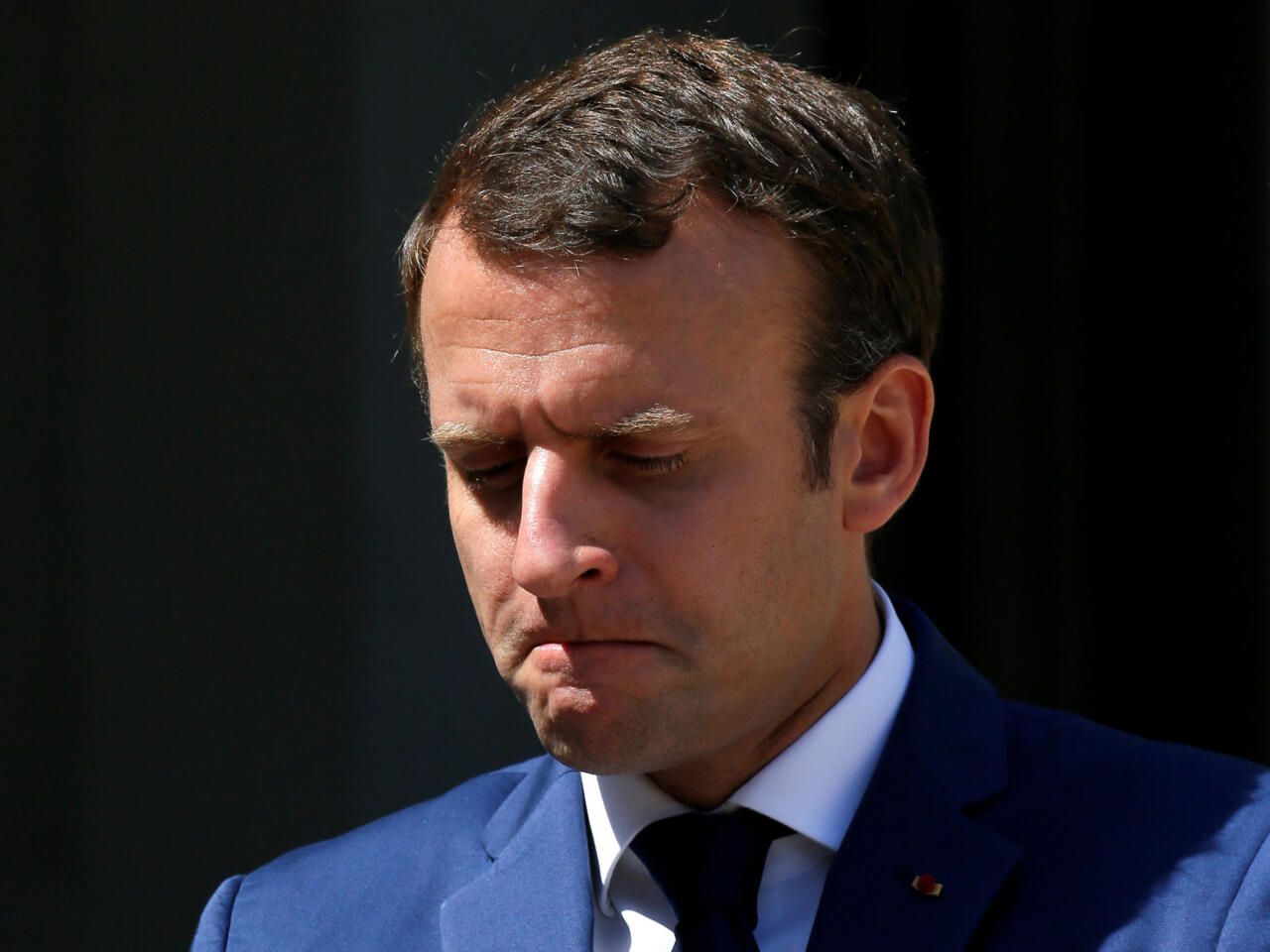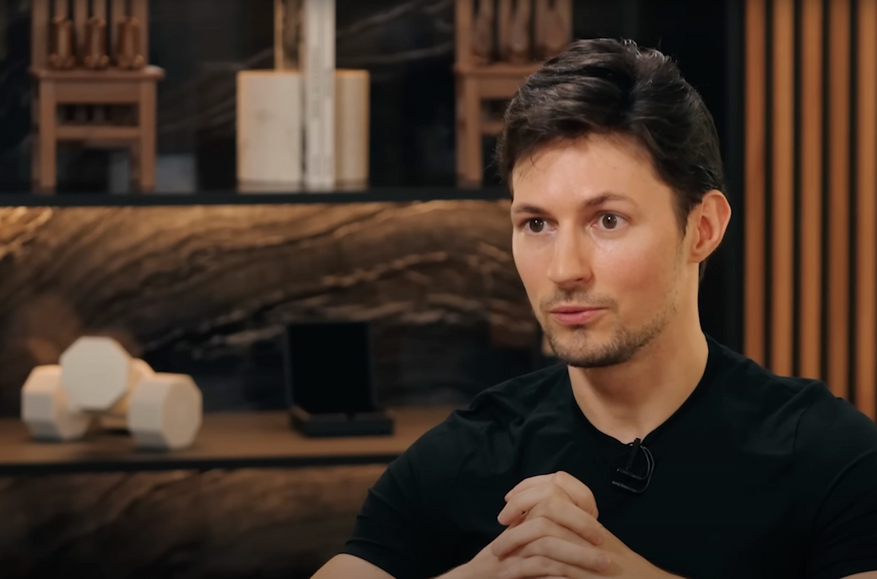Leftists in France seeking ways to oust Macron from power

Deputies of the left-wing "The Rebellious Movement" party will submit a proposal to the National Assembly (the lower house of the parliament) to remove Emmanuel Macron from the post of president of the republic.
Azernews reports that the party's national coordinator, Manuel Bompard said this in a post on X.
Politicians rely on Article 68 of the French Constitution. The party made this decision after Macron refused to appoint the candidate of the left-wing New Popular Front as prime minister.
Bompard also called on all left-wing supporters to march in protest against the president's decision.
Macron rules out left-wing government amid entrenched deadlock
By AFP
August 26, 2024
Macron is under pressure to name a new premier - Copyright AFP Juan Pablo FLORES
French President Emmanuel Macron on Monday ruled out naming a left-wing government to end the country’s political deadlock, saying it would be a threat to “institutional stability”.
Macron has been searching in successive rounds of talks for a new prime minister since elections in July gave a left-wing alliance the most seats in parliament but not enough to govern.
The president rejected left-wing claims to govern after talks Monday with far-right figurehead Marine Le Pen and other political leaders.
While some reports said Macron had wanted to name a prime minister on Tuesday, the president said in a statement that he would launch a new round of talks on Tuesday and called for parties to cooperate.
“My responsibility is that the country is not blocked nor weakened,” Macron said in a statement.
The July election left the 577-seat National Assembly divided between the left-wing New Popular Front (NFP) alliance with over 190 seats, followed by Macron’s centrist alliance at around 160 and Le Pen’s National Rally at 140.
The NFP, particularly the hard-left France Unbowed (LFI), has demanded the right to form a government but centrist and right-wing parties have vowed to vote it down in any confidence vote.
A left-wing government “would be immediately censored by all the other groups represented in the National Assembly” and “the institutional stability of our country therefor requires us not to choose this option”, Macron said.
Macron said he would hold talks with party leaders and “personalities distinguished by experience in the service of the state and the Republic”.
Without naming the LFI, the president called on socialists, ecologists and communists in the left alliance to “cooperate with other political forces”.
The hard-left LFI reacted with fury, with its coordinator Manuel Bompard calling Macron’s comments an “unacceptable anti-democratic coup”.
LFI leader Jean-Luc Melenchon posted on X that Macron had created “a situation of exceptional gravity” and called for a “firm and strong response” by the public and politicians.
Macron has left Gabriel Attal as caretaker government leader for a post-war record time since the two-round election as he seeks a figure with enough broad support to survive a confidence vote.
The pressure is on however as the deadline to present a draft 2025 budget for the heavily indebted government is just over a month away.
Leftist parties have pushed for Macron to appoint one of their nominees as prime minister as they have most seats. They had named 37-year-old economist and civil servant Lucie Castets as their prospective candidate.
Melenchon even said there could be a left-wing government without ministers from his party, but this has still been opposed by Macron and centre-right parties.
The president has repeatedly called LFI an “extreme” movement, attempting to brand the party as equally beyond the pale as Le Pen’s.
Since Melenchon’s offer, centre-right parties have focused attention on the NFP’s big-spending manifesto at a time when France is battling a record budget deficit and a debt mountain.
Attal reaffirmed the opposition to the LFI in a letter to deputies that called Melenchon’s offer an “attempted coup”, saying it would be “inevitable” that an NFP government would lose a vote of confidence.














